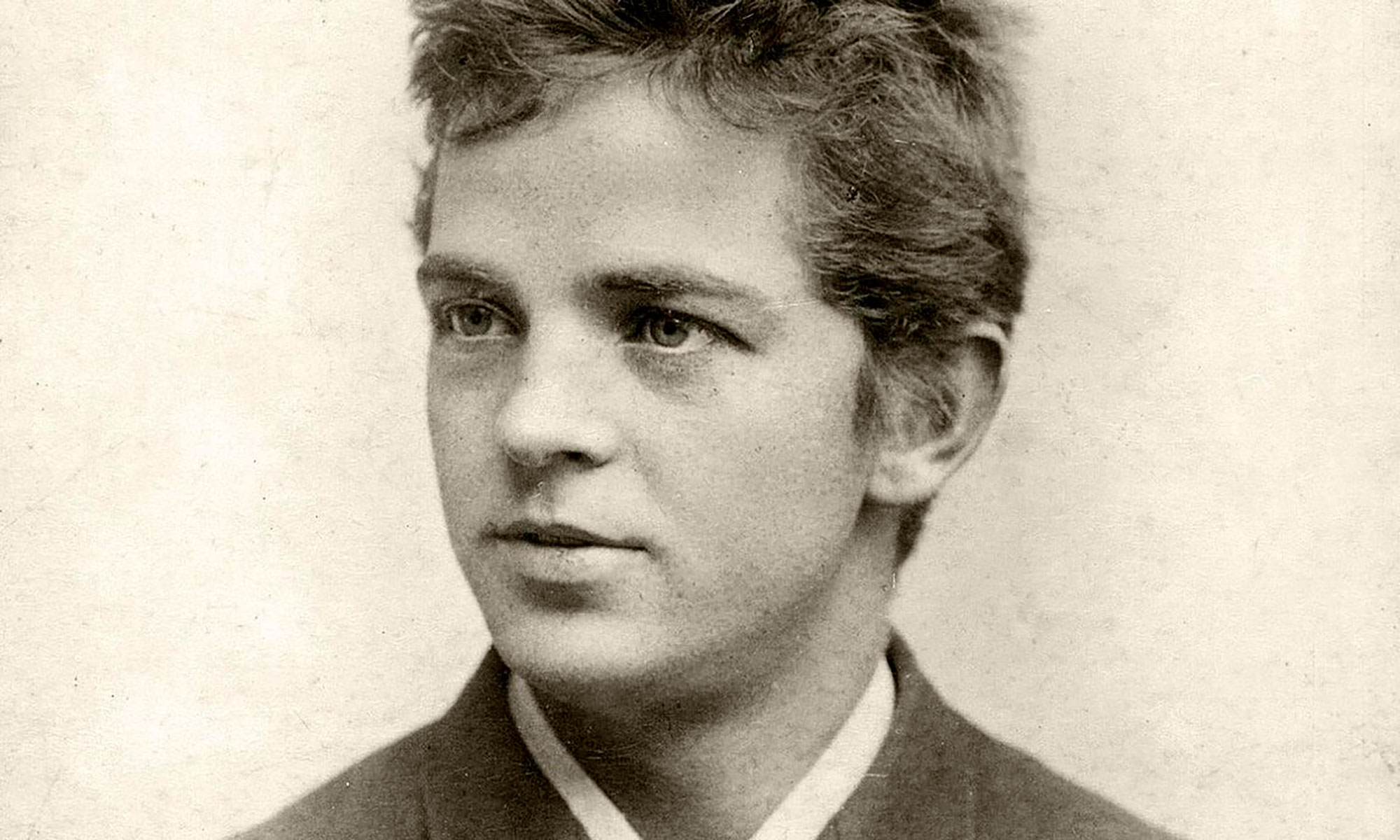Carl Nielsen, a luminary in the realm of classical music, left an indelible mark on the world with his innovative compositions and pioneering spirit. Born on June 9, 1865, in Norre Lyndelse, Denmark, Nielsen’s journey from humble beginnings to becoming one of the most celebrated composers of his time is nothing short of inspiring.
From a young age, Nielsen displayed a remarkable aptitude for music. His innate talent was recognized early on, and he received his first violin lessons from his father, a musician in the local military band. Despite financial constraints, Nielsen’s family encouraged his musical pursuits, fostering an environment conducive to his creative growth.
In 1884, Nielsen began his studies at the Royal Danish Academy of Music in Copenhagen, where he focused on violin and music theory. However, it was his composition teacher, Niels Gade, who recognized Nielsen’s exceptional talent and encouraged him to pursue composition seriously. Under Gade’s mentorship, Nielsen honed his skills and embarked on a path that would lead to a prolific career.
Nielsen’s early compositions reflected the influence of Romanticism, but he soon developed his distinctive style characterized by bold experimentation and a deep connection to his Danish roots. His music captured the essence of the Danish landscape, folklore, and national identity, earning him widespread acclaim both at home and abroad.
In 1891, Nielsen joined the Royal Danish Orchestra as a violinist, a position he held for many years while simultaneously composing some of his most iconic works. Throughout his career, Nielsen’s compositions traversed various genres, including symphonies, concertos, chamber music, and operas. His six symphonies, in particular, stand as monuments of Danish musical heritage, showcasing his mastery of orchestration and his innovative approach to form and structure.
Despite facing personal and professional challenges throughout his life, including financial struggles and periods of artistic disillusionment, Nielsen remained steadfast in his commitment to his craft. His unwavering dedication to musical innovation and his refusal to conform to artistic norms earned him a reputation as a maverick in the classical music world.
In addition to his prowess as a composer, Nielsen was also an accomplished conductor and a passionate advocate for music education. He believed fervently in the transformative power of music and worked tirelessly to promote its accessibility to people from all walks of life.
Carl Nielsen’s legacy endures not only through his extraordinary body of work but also through the countless musicians and music lovers inspired by his pioneering spirit. His music continues to captivate audiences worldwide, reminding us of the profound impact one individual can have on the world through the power of creativity and perseverance.


Comments are closed